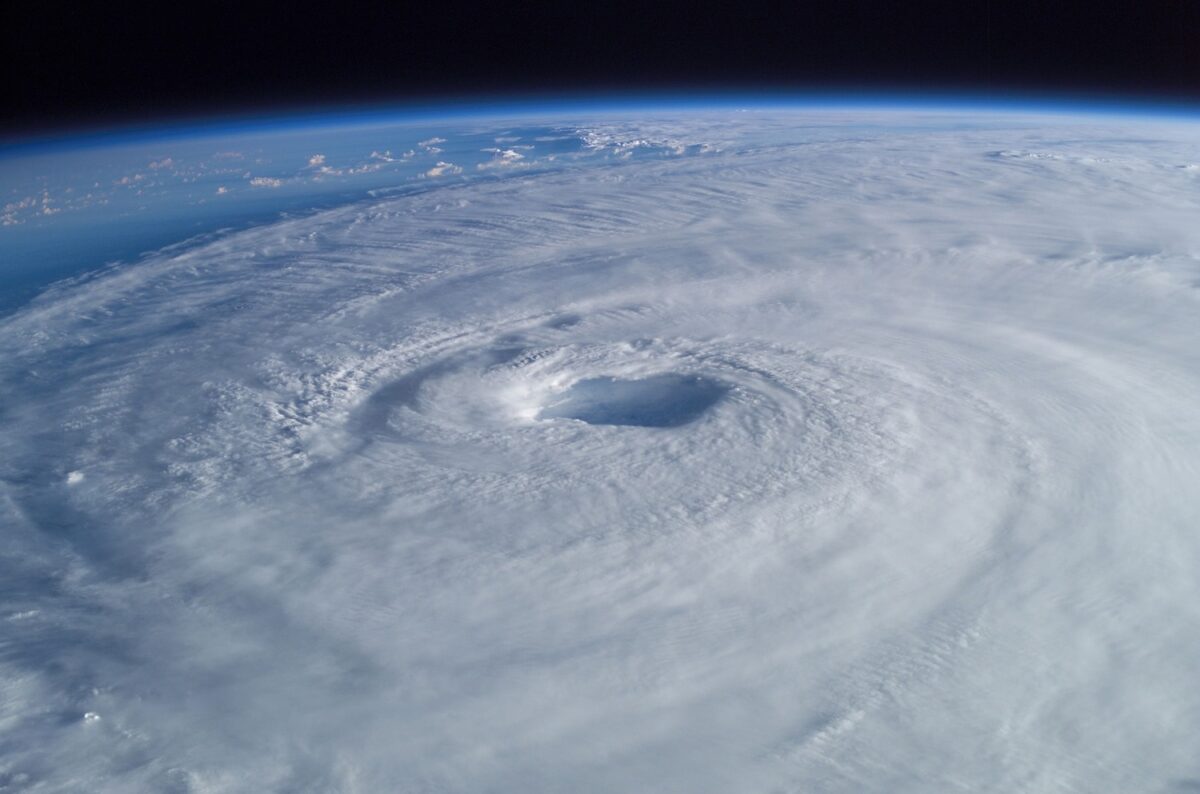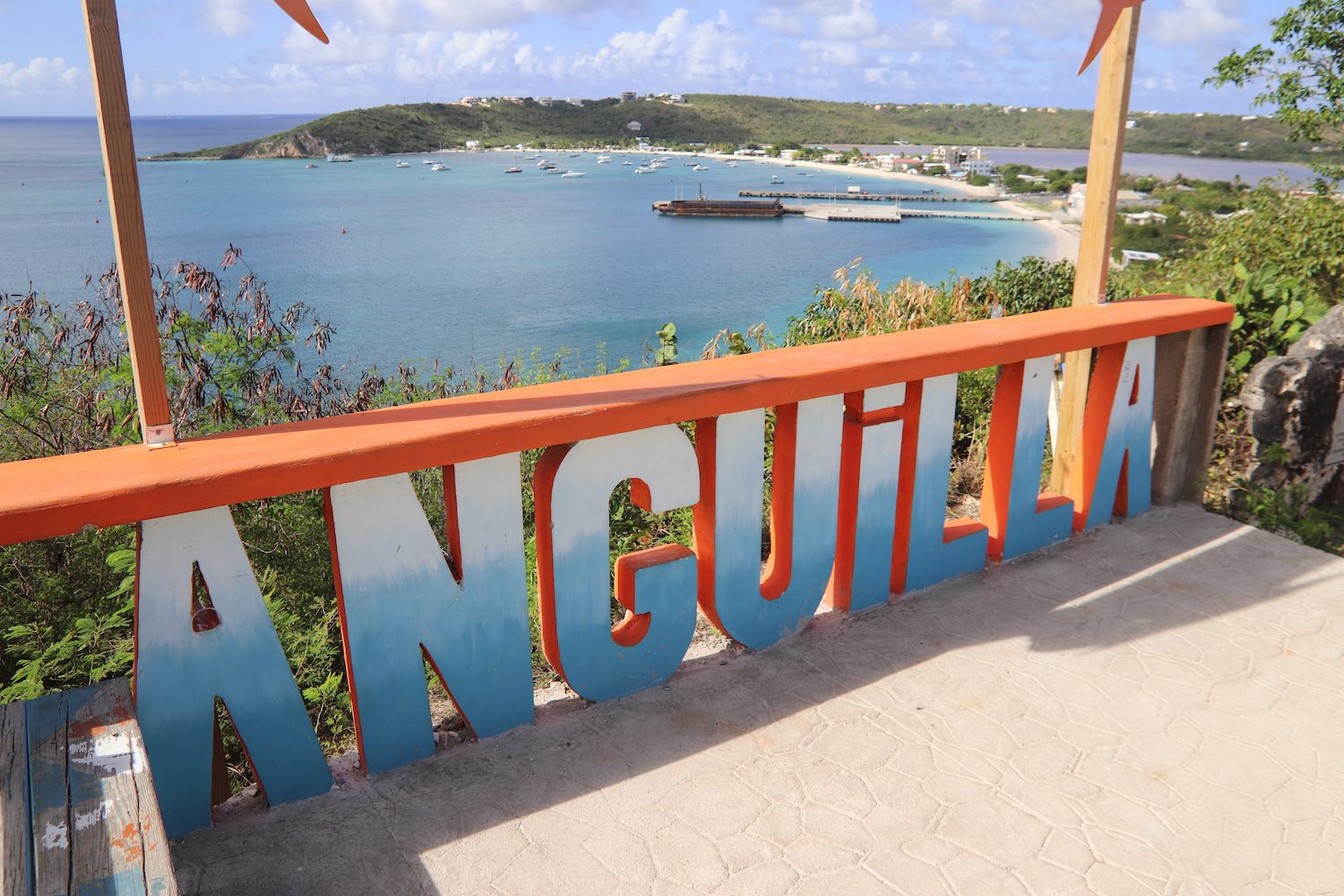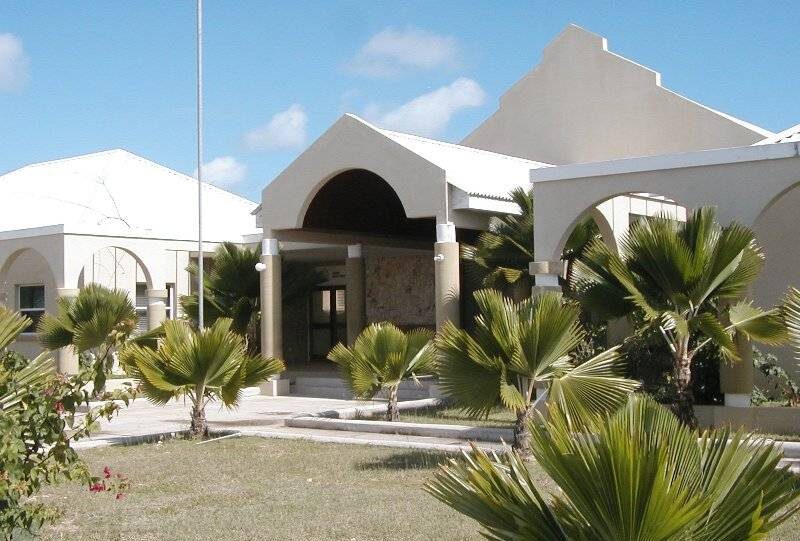Anguilla’s disaster management lead has urged against complacency, despite the island experiencing a quiet hurricane season this year.
Susan Hodge, director of the Department of Disaster Management, delivered a message reflecting on the past six months on 3 December.
She offered her heartfelt gratitude to the public for their vigilance and preparedness during Atlantic hurricane season, which began on 1 June and officially ended on 30 November.
Hodge reminded that the 2024 season was predicted to be one of the most active in recent years.
“While Anguilla was fortunate not to be directly impacted, our hearts go out to our neighbours in St Vincent and the Grenadines and Grenada, who bore the brunt of Hurricane Beryl’s devastation,” she said.
“The images of destruction from these islands serve as a stark reminder of the unpredictability of nature and the importance of our continued vigilance and preparedness.
“The events of this season underscore a vital lesson: while we may not always experience the full force of a storm, we must always remain prepared, proactive and ready to support each other in times of crisis.”
She said Anguilla can take solace in the strength and resilience shown by its Caribbean neighbours as they begin the long process of recovery.
The island has offered support and solidarity, through material assistance, and by sharing in the healing process, Hodge added.
Climate change
The director said that globally, this hurricane season reinforced that no corner of the world is immune to climate change’s intensifying effects.
“From catastrophic flooding in Europe to wildfires in North America and record-breaking typhoons in Asia, we witnessed the planet’s growing vulnerability,” she said.
“These events emphasise the urgent need for ongoing resilience, adaptation and community readiness.”
Hodge listed several priorities for Anguilla in disaster management going forward:
- Preparedness is non-negotiable: Early planning, clear communication, and community engagement remain critical pillars of the disaster response strategy.
- Collaboration is key: The challenges faced by neighbours highlight the importance of regional partnerships and mutual support.
- Building resilience: Investing in sustainable infrastructure and mitigation efforts will better position Anguilla to withstand future threats.
“I encourage every household, business, and organisation in Anguilla to continue prioritising preparedness,” she said.
She said lessons learned from Caribbean neighbours will guide the island’s efforts as it refines disaster management strategies.
These include the importance of swift evacuation protocols, robust early warning systems, and community solidarity.
“While the season has ended, the risk of other hazards remains. Let us use this period of reflection to strengthen our resilience,” she continued.
“While we breathe a sigh of relief this year, we must not become complacent. Instead, we recommit to building a safer, more prepared Anguilla, ready to face whatever challenges the future may hold.”
She concluded by thanking emergency responders, volunteers and partners for their cooperation and commitment.





